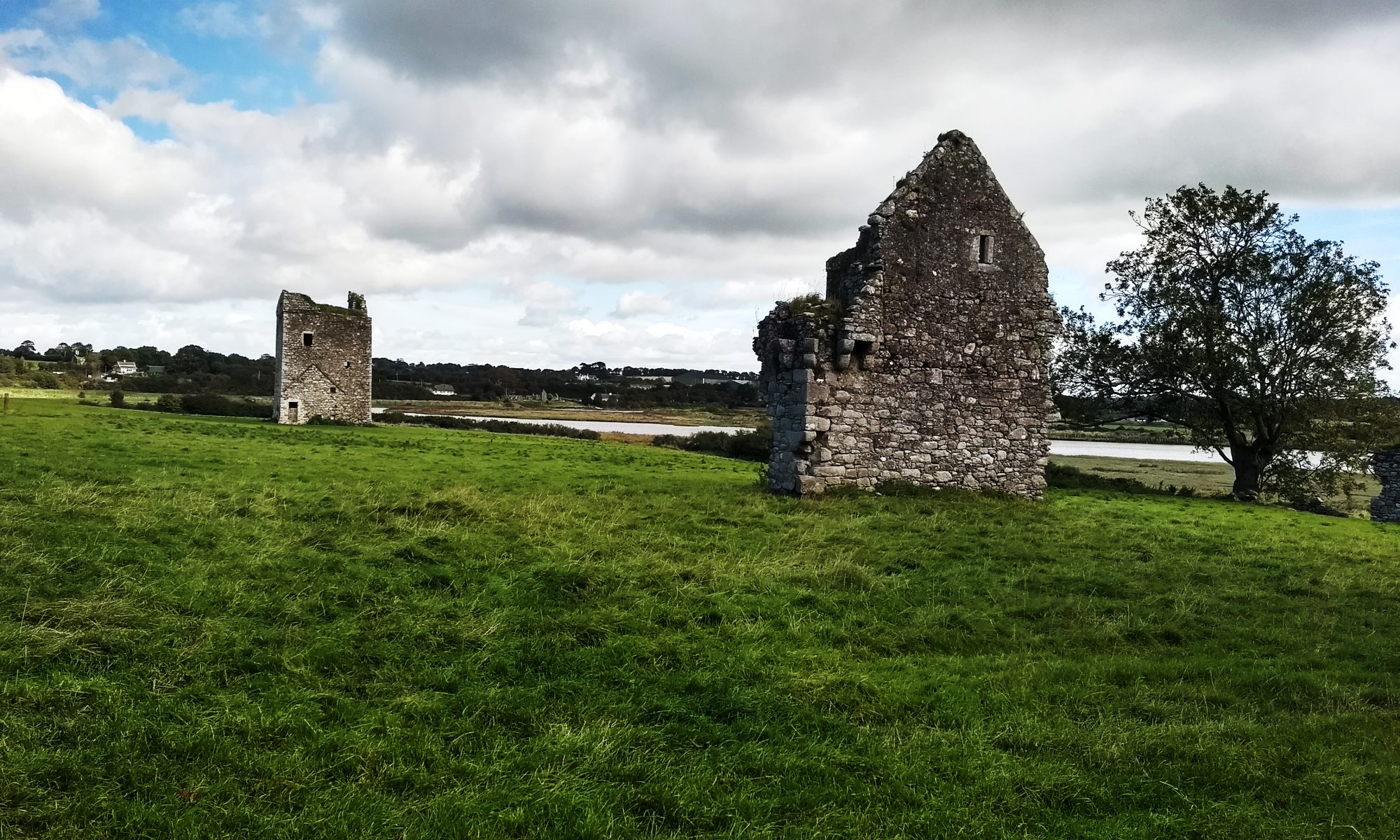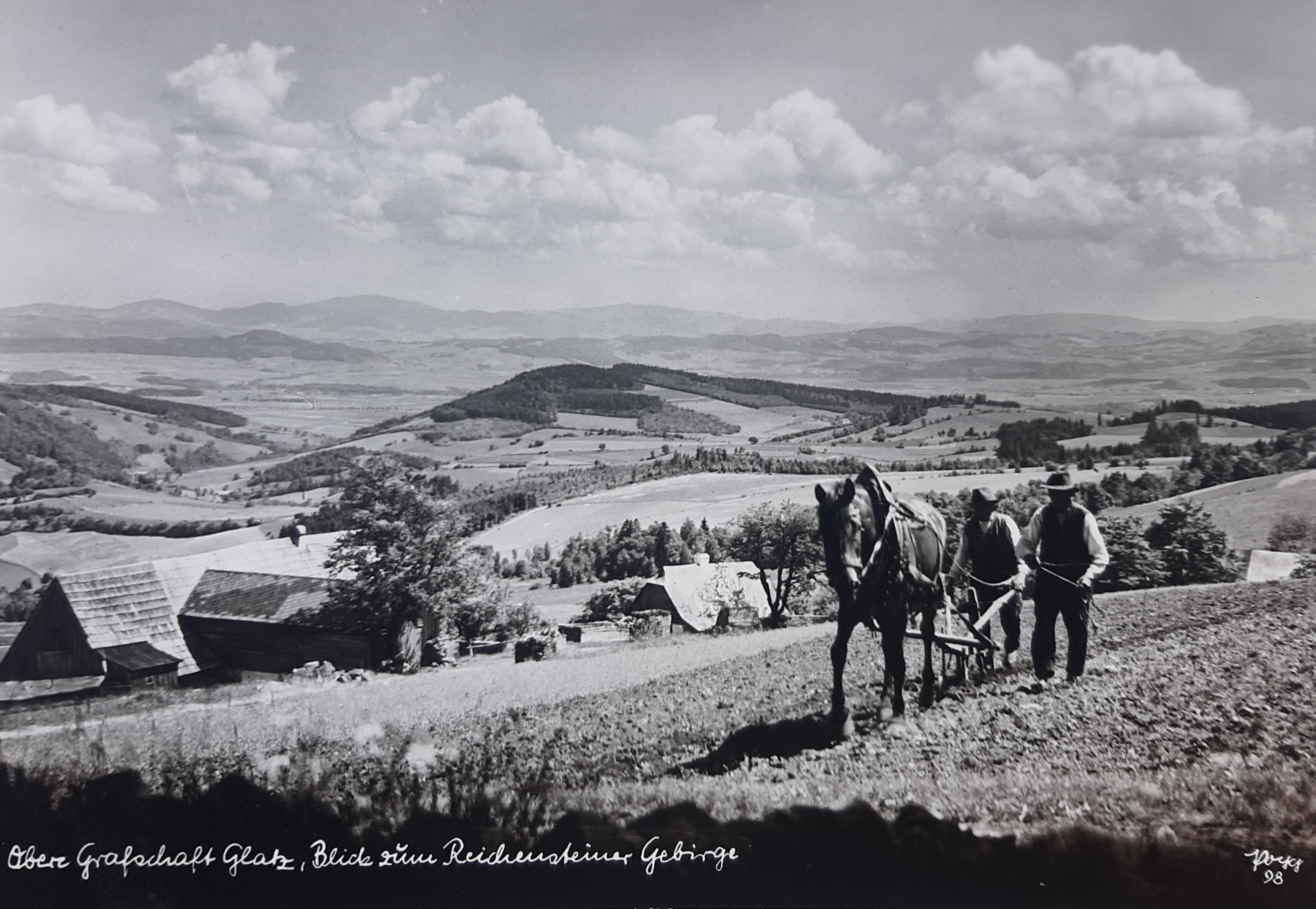RURALIA XVI Conference Report
We are delighted to share the Autumn Newsletter of the Society for Medieval Archaeology, which includes a review of the RURALIA XVI conference by Niall Brady on page 7.
Download the Newsletter of Medieval Archaeology (PDF)
RURALIA XVI – Booklet now available
The full programme and details of the 16th international RURALIA conference — “Countryside and towns. Rural settlements in the context of urban hinterlands in the Medieval and Modern Periods” (Kłodzko, Poland, 8–14 September 2025) — are now published in the official conference booklet.
RURALIA XVI – Programme Now Online
The complete schedule for the 16th RURALIA conference — “Countryside and Towns: Rural Settlements in the Context of Urban Hinterlands” — is now available. Join us in Kłodzko, Poland (8–14 September 2025) for papers, excursions, and networking opportunities with colleagues from across Europe.
Programme: link
EXTENSION OF THE ABSTRACT SUBMISSION DEADLINE
We are pleased to announce that the deadline for abstract submissions has been extended to February 7th, 2025.
We encourage all interested participants to submit their abstracts before the new deadline.
CALL FOR PAPERS
RURALIA XVI CONFERENCE
“Countryside and towns. Rural settlements in context of urban hinterlands in the Medieval and Modern Period”
Kłodzko / Poland
8th – 14th September 2025
Below is link to the registration and abstract form:
RURALIA is an international association for the archaeology of medieval settlement and rural life. It provides a European-wide platform for the scientific exchange on current problems in rural archaeology in order to strengthen comparative and interdisciplinary studies. The conference covers the period from the Early Medieval to the Early Modern periods. The conference language is English.
RURALIA XVI will take place in Kłodzko, a city located in southwest of Poland. The theme is:
Countryside and towns. Rural settlements in context of urban hinterlands in the Medieval and Modern Period
In addition to the papers, one full day and one half-day excursion and an optional two-day field trip to sites in southwest Poland and north Czechia will be offered.
The conference is jointly organized by Paweł Duma, Tomáš Klír, Maria Legut-Pintal, Jakub Sawicki, Catarina Tente and Claudia Theune; with the support of Museum of Kłodzko Region in Kłodzko (Muzeum Ziemi Kłodzkiej w Kłodzku), Municipality of Kłodzko, University of Wrocław and the science foundation, “Archaeologia Silesiae”.
Countryside and towns. Rural settlements in context of urban hinterlands
in the Medieval and Modern Period
The relationship between rural hinterlands and the towns can be characterised as a dialogue. Each town was dependent on external economic and population resources provided by its hinterland. At the same time, the town influenced the countryside. The metaphor that the rural settlements and its hinterland and the towns constituted one functional organism may sound banal; however, a look at the scholarship shows how often their research is separated and the interplay is neglected. The conference offers a platform to explore rural countryside impact in the urban environment, focusing on their connections and contrasts across diverse spatial and historical contexts. It will examine the transfer of knowledge, innovations, goods, products, institutions, and people, along with the infrastructure shaped by varying levels of territorial control and power structures that influenced rural regions differently. The perspective of this conference is the view from the rural landscapes to the town and not vice-versa.
The aim of the XVI Ruralia Conference is to investigate this issue from an archaeological perspective and its intersections with other disciplines. The conference invites papers, whether case studies or comparative analyses, that should address some of the following questions:
What are the theoretical and methodological frameworks that current research is advancing? How does archaeological research conceptualise the relationship between towns and rural hinterlands?
What spatial structures (size, zonality) characterise hinterlands? What are the characteristic archaeological patterns in the different zones? How do these reflect the behaviour of rural population? Periurban space as a specific zone.
Landscape archaeological and environmental archaeological evidence. Opportunities and constraints.
Socioeconomic structures and processes. How did rural settlements and landscape impact the socioeconomic structure of adjacent towns? How do archaeological sources contribute to the understanding of agrarian development, changes in settlement pattern, social structure, disintegration of peasant communities, commercialisation and monetisation?
The impact of landownership and capital investment in the adjacent countryside (for example, demesne farms and burgess residences, the foundation of new settlements, ecclesiastical institutions).
What were the relations between rural and urban crafts? Did they develop in parallel, or did rural crafts lag behind those in larger towns?
Please fill out the Abstract Form if you wish to give a paper or poster at the conference.

